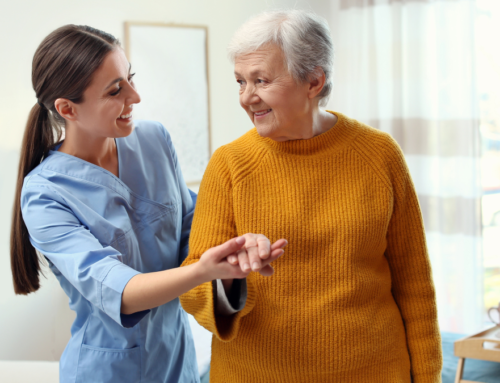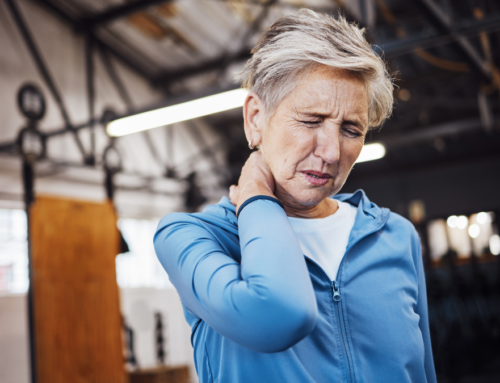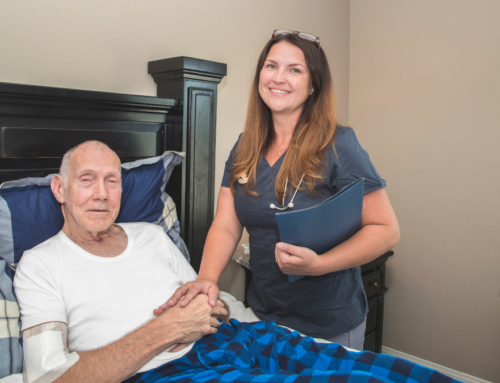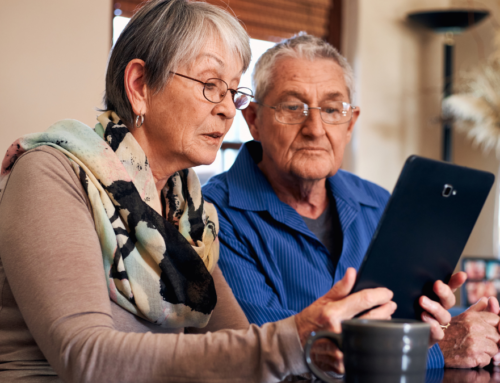 Signs, Causes and Care Tips for COPD in the Elderly
Signs, Causes and Care Tips for COPD in the Elderly
As people age, they are more susceptible to conditions like Chronic Obstructive Pulmonary Disease (COPD). It is becoming increasingly common among elderly folks nowadays. For many reasons, including both health and environmental factors, habits like smoking cigarettes have been shown to both decrease lifespan and also worsen chronic lung diseases such as emphysema or bronchitis. This could be largely due to progressive health problems with airways that become inflamed when you’re constantly exposed over decades to breathing carcinogens mixed with pollution levels in today’s environment. In order to make sure your loved ones don’t fall victim to COPD, it is important that you know the signs and how to care for this chronic lung disease.
In this blog post we will explore what COPD is, how it affects elderly people and some tips on how to care for a loved one who has been diagnosed with chronic obstructive pulmonary disease.
What is COPD?
As mentioned earlier, COPD stands for chronic obstructive pulmonary disease. It is an umbrella term that encompasses both chronic bronchitis and emphysema. It’s a lung condition that makes it difficult to breathe because the lungs are coated in mucus or fluids making them heavy and hard to move air through the body. This means less oxygen reaches vital organs such as your heart and brain which can lead to heart failure or stroke respectively.
What Causes COPD?
- Smoking
- Exposure to certain chemicals, such as asbestos
- Long-term breathing of air pollution from cars and factories
- Lung disease due to a virus or bacteria
- High blood pressure can lead to COPD in the elderly
- Genetic predisposition for COPD in the elderly is possible but there are not many cases recorded
What are the signs of COPD to look out for?
COPD is an obvious sign that something isn’t right with your lungs. COPD is what causes shortness of breath, lung infections and wheezing.
Other COPD symptoms include:
- Trouble taking a deep breath
- Excess phlegm or sputum (thick mucus)
- Coughing up mucus or blood
- Chronic chest illness
- Chronic breathlessness
- Sense of tightness in the chest
- Poor appetite and weight loss
- Chest infections
Care Tips for Elderly with COPD
- Encourage them to maintain a healthy weight, reducing the risk of obesity-related COPD.
- COPD is a progressive disease, COPD advances over the years, so COPD patients will not be able to do as much physical activity as they once could. Encourage them to engage in moderate exercise such as walking which is a great COPD treatment.
- Advise the individual to avoid pollutants like tobacco smoke and chemical fumes, which can worsen their condition
- Encourage them to get plenty of rest and avoid overdoing it; this will help reduce fatigue and shortness of breath, which can interfere with daily activities.
- Provide emotional support for these individuals who often feel isolated from society because they are unable to do things that others take for granted such as going outside during nice weather or joining in social events because COPD makes it difficult for them to breathe deeply enough.
- Educate them on how they can manage their symptoms without feeling short of breath by taking deep breaths when coughing, avoiding triggers that make breathing more difficult such as dusts or fumes and using a humidifier in dry winter months.
- Individuals with chronic obstructive pulmonary disease (COPD) may need oxygen therapy or supplemental oxygen at home due to lung damage and breathing difficulties . COPD patients may need to use an oxygen concentrator or humidifier with nebulizer treatments for respiratory infections.
- COPD patients may also need to visit a COPD doctor regularly who can check their COPD symptoms and lung function, provide medicine and suggest other COPD treatments as necessary. Show your support by accompanying them to their doctor’s appointments and medication times.
- COPD sufferers should get vaccinated against pneumonia at the same time as their flu shot vaccination during winter months if they are 65 years old or older.
- Look for helpful resources, including medical professionals to talk to about your concerns, support groups in your area, and more information on how you can help someone living with the disease live their best life despite their diagnosis.
- Get help taking good care of your loved ones from a trusted care giving agency that offers COPD as part of their elderly care. COPD patients don’t live very long so it’s important to take good care of them while they are still around.
COPD is a serious lung disease that causes more than 300,000 deaths every year. The symptoms of this chronic illness can be difficult to spot in elderly patients and many people don’t realize the severity of their loved one’s condition until it’s too late. If you need help caring for your loved ones with COPD, we are happy to provide assistance! Our team specializes in providing care services tailored specifically towards seniors who suffer from various respiratory ailments including asthma or bronchitis. Reach out today if you have any questions about our programs. For a no-cost consultation, where we’ll discuss your specific circumstances, give us a call today at (678) 494-8129 or email us at info@SilverCompanions.com..We want to help make sure your family member gets all the attention they deserve during a time when they may not feel capable of taking care of themselves without some extra support.





